Reading Teaching Resources for Year 4
- Plus Plan
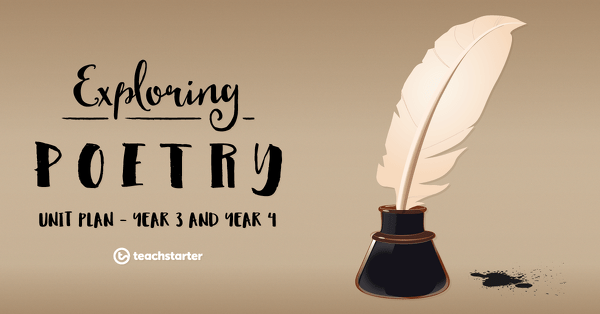
Exploring Poetry - Year 3 and Year 4 Unit Plan
This English unit addresses common poetic devices such as sound play, word play and imagery and explores how these may be applied to narrative poetry.
- Plus Plan
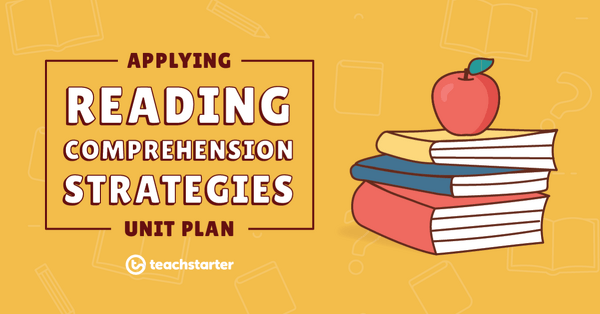
Applying Reading Comprehension Strategies Unit Plan
This English unit is designed to explicitly teach the reading comprehension strategies of activating prior knowledge, making connections, questioning, monitoring, predicting, inferring, visualising and summarising to upper primary students, with a focus on literary texts.
- Plus Plan
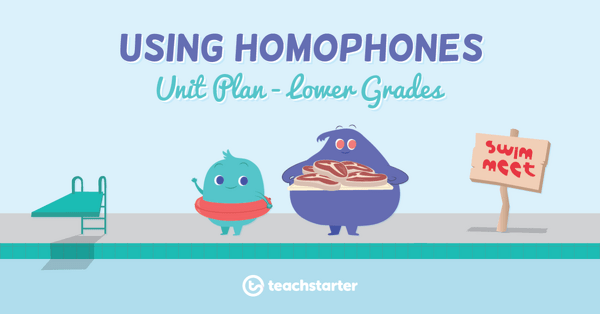
Using Homophones Unit Plan
This English unit addresses the concept of homophones.
- Plus Plan
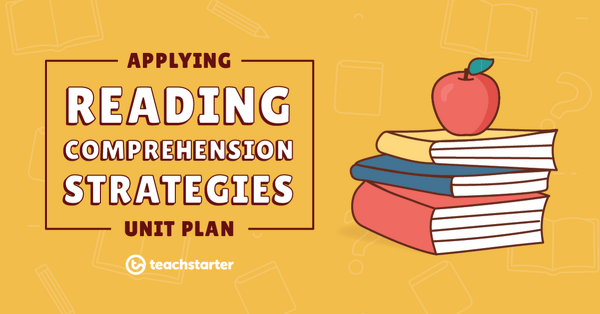
Summarising
A 60 minute lesson in which students will learn and apply the reading comprehension strategy of summarising.
- Free Plan
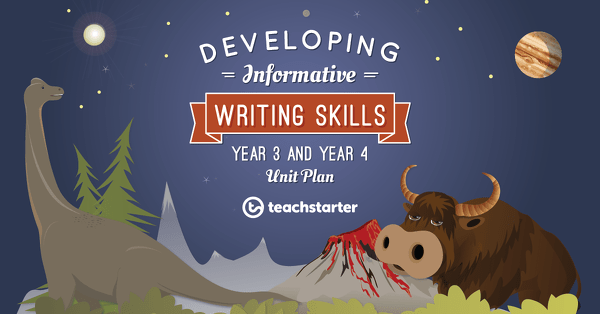
Fact or Opinion?
A 60 minute lesson in which students will identify the difference between a fact and an opinion.
- Plus Plan
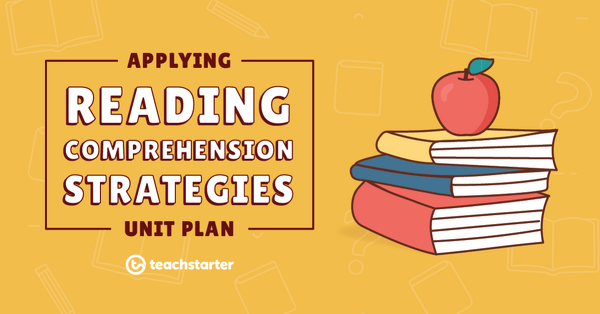
Activating Prior Knowledge
A 60 minute lesson in which students will learn and apply the reading comprehension strategy of activating prior knowledge.
- Plus Plan
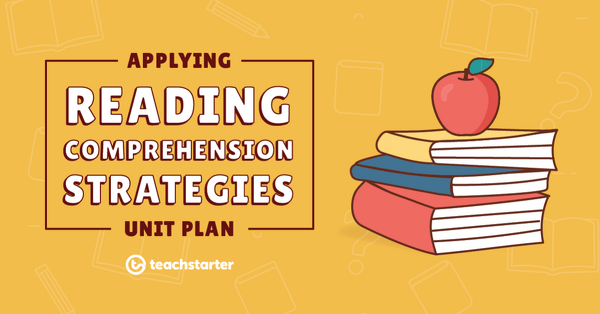
Making Connections
A 60 minute lesson in which students will learn and apply the reading comprehension strategy of making connections.
- Plus Plan
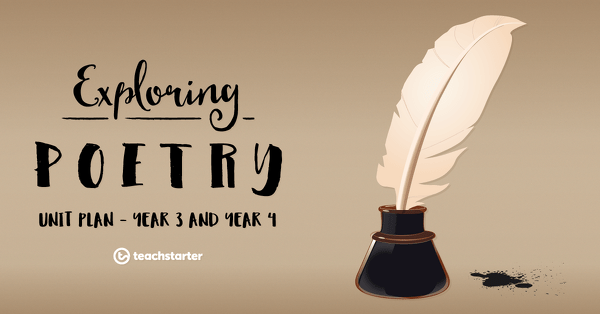
Storytelling Through Poetry
A 60 minute lesson in which students will explore storytelling through poetry.
- Plus Plan
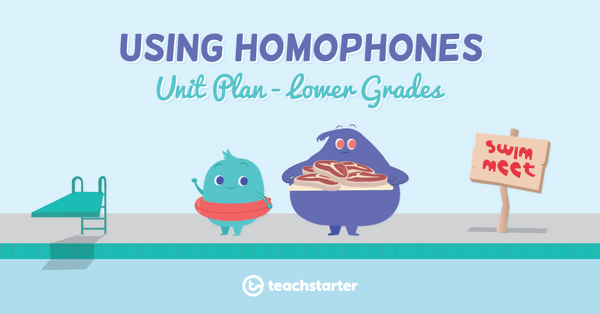
Common Homophones
A 60 minute lesson in which students will choose the correct homophone to use in the context of a sentence.
- Plus Plan
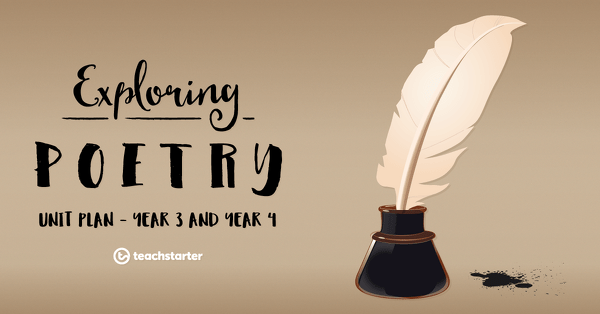
Sound Play in Poetry - Onomatopoeia
A 60 minute lesson in which students will identify and explore onomatopoeia in poetry.
- Plus Plan
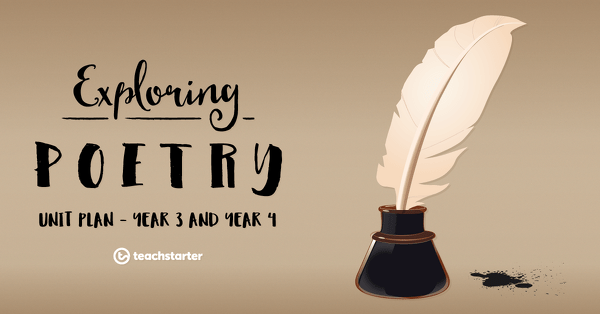
Purpose, Audience and Context
A 60 minute lesson in which students will identify the purpose, intended audience and subject matter of a poem.
- Free Plan
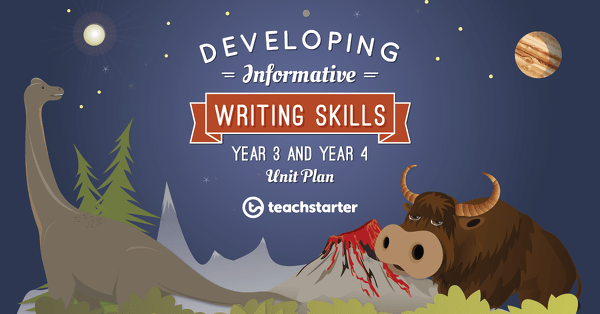
Research Skills - Note Taking
A 60 minute lesson in which students will take appropriate notes from an informative text.
- Plus Plan
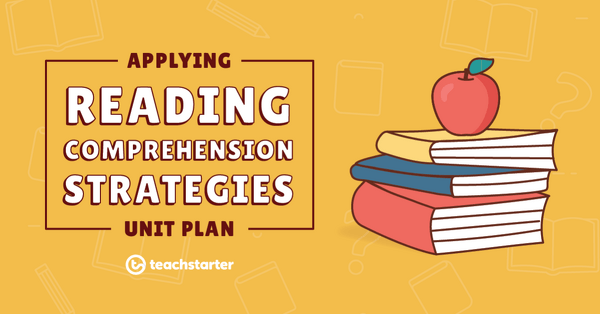
Visualising
A 60 minute lesson in which students will learn and apply the reading comprehension strategy of visualising.
- Plus Plan
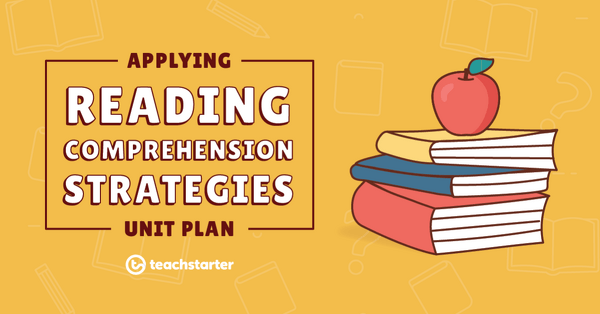
Inferring
A 60 minute lesson in which students will learn and apply the reading comprehension strategy of inferring.
- Plus Plan
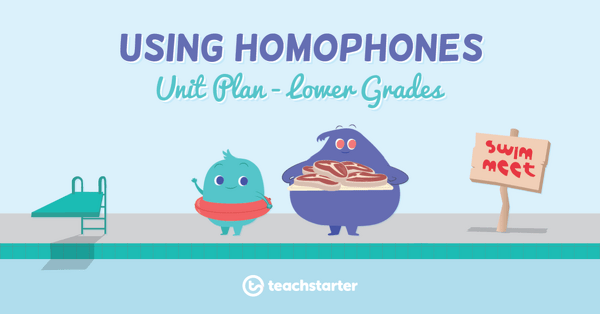
Introduction to Homophones
A 60 minute lesson in which students will identify basic homophones in the English language.
- Plus Plan
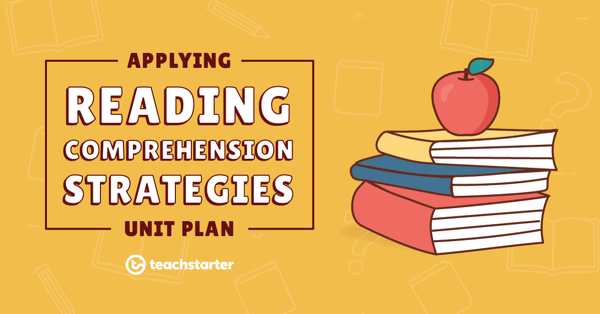
Monitoring
A 60 minute lesson in which students will learn and apply the reading comprehension strategy of monitoring.
- Plus Plan
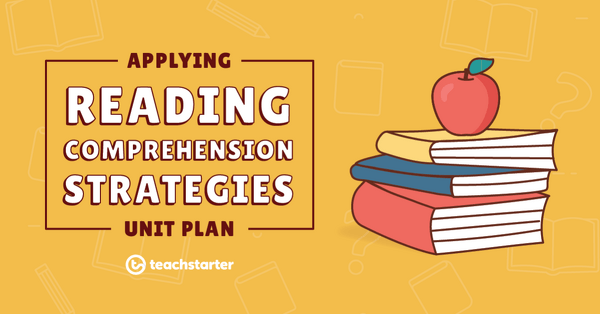
Questioning
A 60 minute lesson in which students will learn and apply the reading comprehension strategy of questioning.
- Plus Plan
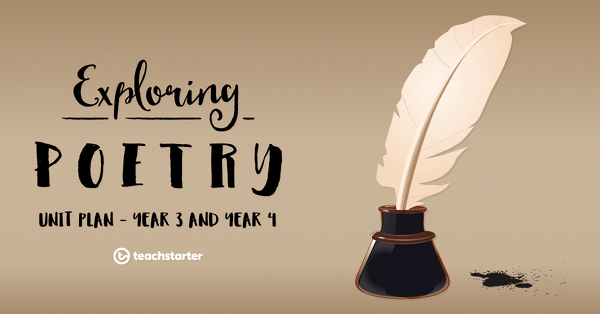
Sound Play in Poetry - Alliteration
A 60 minute lesson in which students will identify and explore alliteration in poetry.
- Plus Plan
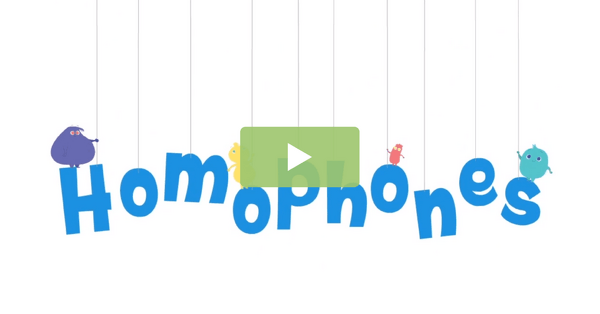
What Are Homophones? Video
Explore common homophones with this animated video perfect for primary school vocabulary lessons.
- Plus Plan
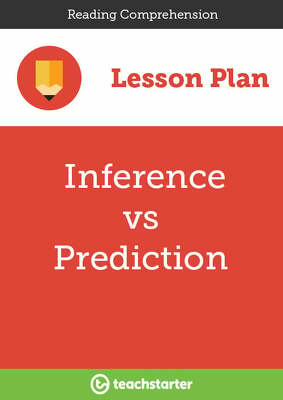
Inference vs Prediction
- Plus Plan
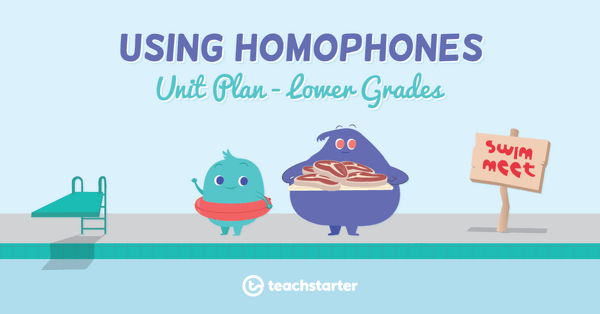
Defining Homophones
A 60 minute lesson in which students will connect a homophone with its correct definition based on its spelling.
- Plus Plan
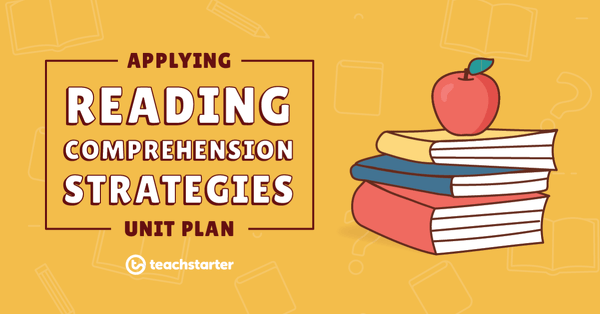
Predicting
A 60 minute lesson in which students will learn and apply the reading comprehension strategy of predicting.
- Plus Plan
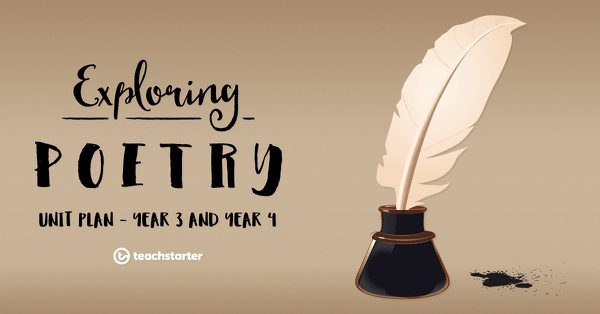
Imagery in Poetry
A 60 minute lesson in which students will identify and explore imagery in poetry.
- Plus Plan
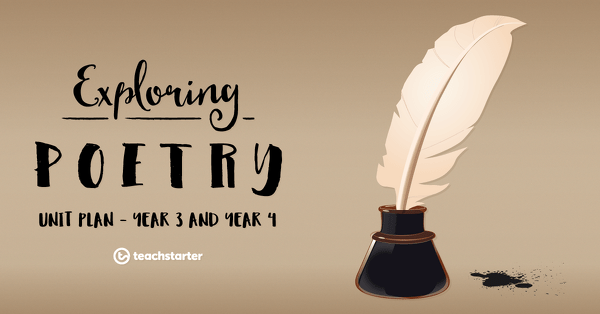
Word Play in Poetry
A 60 minute lesson in which students will identify and explore word play in poetry.
- Plus Plan
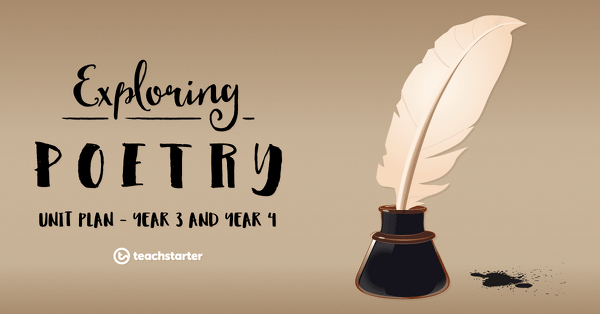
Exploring Poetic Devices
A 60 minute lesson in which students will explore the common literary devices found in poetry.
- Plus Plan
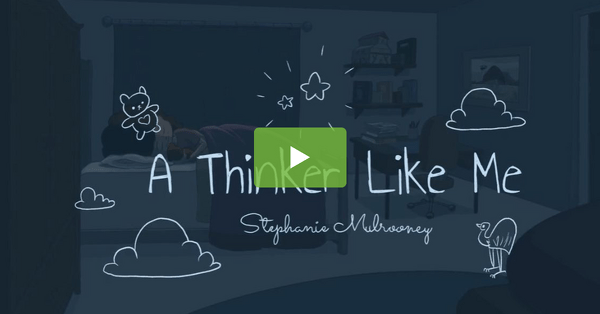
A Thinker Like Me – Animated Poem Video
Use this short animated poem video with your students to explore and appreciate the poem, 'A Thinker Like Me' by Stephanie Mulrooney.
-
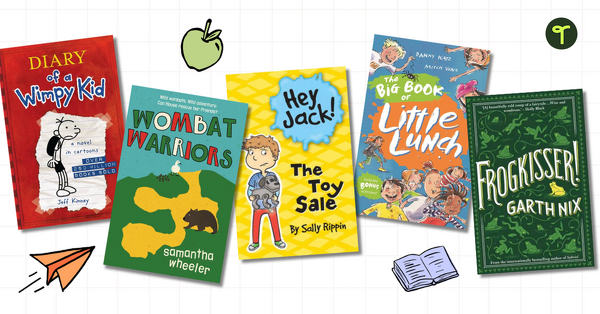
19 Best Kids Books For Reluctant Readers to Add to Your Classroom Shelves
Searching for the best kids' books to find something for your reluctant readers in the classroom? Well, search no more! Here are favourites from teachers across Australia!
-
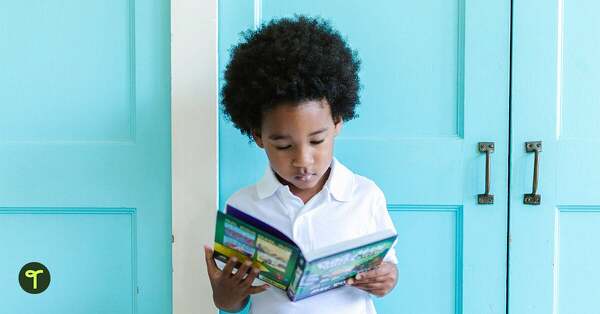
Classroom Reading Corner Ideas That Improve Student Literacy — Teacher-Tested Tips
Creating a reading corner? Need inspiration? On a budget? We'll show you the best teacher tips for creating a classroom reading space in lower and upper primary classrooms.